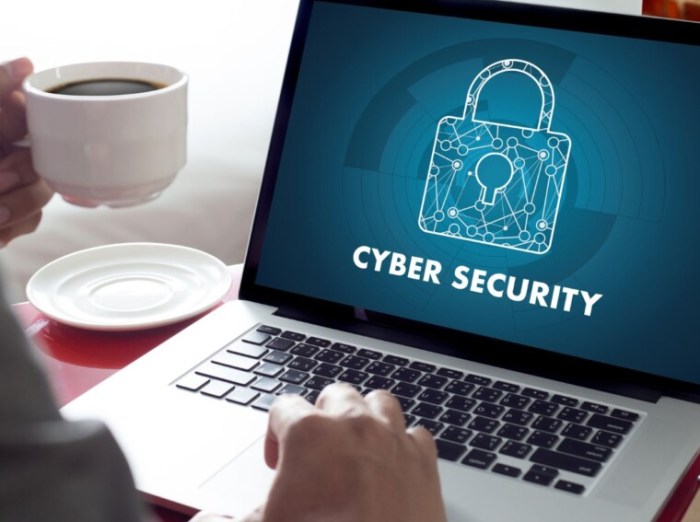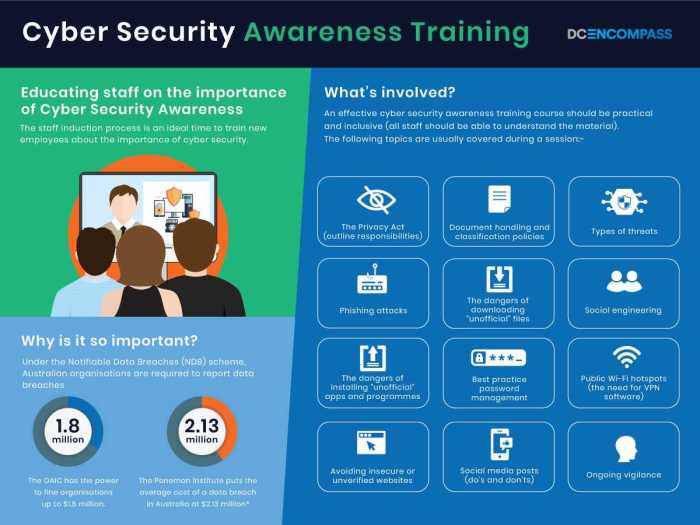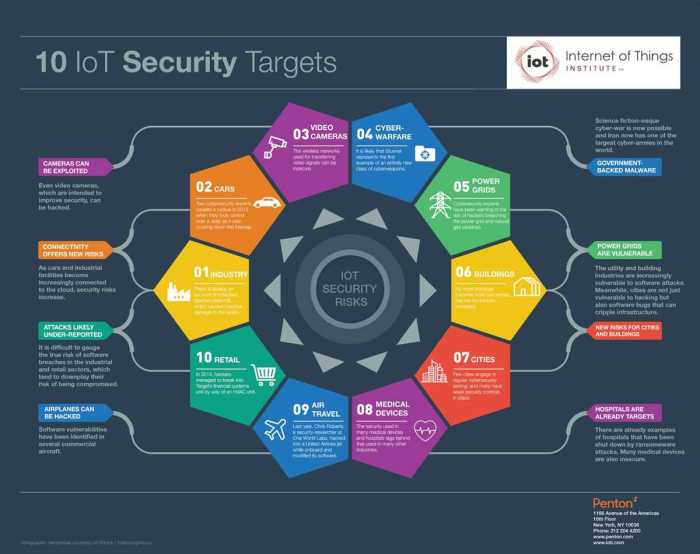The cyber awareness 2023 knowledge check answers provide a comprehensive guide to navigating the ever-evolving cybersecurity landscape. This knowledge check empowers individuals and organizations to understand critical concepts, best practices, and emerging threats, enabling them to protect their sensitive information and systems effectively.
With the rise of sophisticated cyberattacks, it is imperative to stay informed about the latest threats and vulnerabilities. This knowledge check serves as a valuable resource for enhancing cybersecurity awareness and safeguarding against potential breaches.
Cybersecurity Awareness Training

Cybersecurity awareness training plays a crucial role in educating individuals and organizations about the importance of protecting their digital assets and information from cyber threats. This training empowers individuals with the knowledge and skills to recognize, prevent, and respond to cyberattacks, ensuring the integrity and confidentiality of their data.
Common Cybersecurity Threats and Vulnerabilities
- Phishing: Scams that attempt to obtain sensitive information through fraudulent emails or websites.
- Malware: Malicious software that can damage or steal data from devices, such as viruses, spyware, and ransomware.
- Social engineering: Tactics that manipulate human behavior to gain access to sensitive information or systems.
The Role of Human Behavior in Cybersecurity Breaches
Human behavior plays a significant role in cybersecurity breaches. Negligence, such as clicking on malicious links or opening suspicious attachments, can compromise systems. Lack of awareness and proper training can make individuals more susceptible to social engineering attacks.
Key Concepts in Cyber Awareness

Phishing
Phishing involves sending fraudulent emails or creating websites that impersonate legitimate entities to trick individuals into revealing sensitive information, such as passwords or financial details.
Malware
Malware is a type of software that can infect devices and perform malicious activities, such as stealing data, encrypting files, or disrupting system functionality.
Social Engineering
Social engineering exploits human vulnerabilities to manipulate individuals into performing actions that compromise security, such as revealing passwords or granting access to sensitive information.
Cyberattacks and Their Impact
- Data breaches: Unauthorized access to and exfiltration of sensitive information.
- Ransomware: Malicious software that encrypts data and demands payment for its release.
- DDoS attacks: Overwhelming a system with excessive traffic, rendering it inaccessible.
Best Practices for Protecting Personal and Sensitive Information Online
- Use strong and unique passwords.
- Be cautious of unsolicited emails and attachments.
- Keep software and operating systems up to date.
- Enable two-factor authentication for online accounts.
Cybersecurity Best Practices: Cyber Awareness 2023 Knowledge Check Answers

Creating Strong Passwords
Strong passwords should be at least 12 characters long, contain a combination of uppercase and lowercase letters, numbers, and special characters, and avoid common words or personal information.
Managing Online Accounts
Regularly review and manage online accounts, removing unused ones and updating passwords for active accounts. Use a password manager to securely store and generate strong passwords.
Antivirus Software and Software Updates
Install and maintain reputable antivirus software to detect and remove malware. Keep software and operating systems up to date with the latest security patches to fix vulnerabilities.
Firewalls and Intrusion Detection Systems
Firewalls block unauthorized access to networks, while intrusion detection systems monitor network traffic for suspicious activity and alert administrators to potential threats.
Emerging Cybersecurity Threats
Ransomware
Ransomware encrypts files on a victim’s device and demands payment for their release. It can target individuals, businesses, and organizations, causing significant financial and reputational damage.
Zero-Day Attacks
Zero-day attacks exploit vulnerabilities in software that are unknown to vendors and therefore have no available patches. They can be highly effective and difficult to defend against.
Cloud Security, Cyber awareness 2023 knowledge check answers
Cloud computing introduces new security challenges as data and applications are stored and accessed remotely. Protecting cloud environments requires specialized security measures.
Mitigation Strategies
- Regularly back up data to mitigate the impact of ransomware.
- Apply software updates promptly to patch vulnerabilities and prevent zero-day attacks.
- Implement cloud security best practices, such as encryption and access controls.
Cybersecurity Awareness Campaigns

Successful Examples
- “Stop.Think.Connect.” campaign by the National Cyber Security Alliance.
- “CyberAware” campaign by the Australian Cyber Security Centre.
- “Be Cyber Smart” campaign by the UK National Cyber Security Centre.
Elements of an Effective Campaign
- Clear and concise messaging.
- Targeted to specific audiences.
- Emphasizes practical steps for individuals to take.
- Utilizes multiple communication channels.
Role of Social Media and Other Channels
Social media and other online channels play a crucial role in promoting cybersecurity awareness by reaching a wide audience and providing real-time updates on threats and best practices.
Cybersecurity Resources and Support
Organizations
- National Cyber Security Alliance
- Cybersecurity and Infrastructure Security Agency (CISA)
- International Telecommunication Union (ITU)
Government Agencies and Law Enforcement
Government agencies and law enforcement play a vital role in investigating and prosecuting cybersecurity crimes. They provide resources and support to victims and organizations.
Importance of Reporting Incidents
Reporting cybersecurity incidents is crucial for law enforcement to investigate and take action against cybercriminals. It also helps organizations identify and address vulnerabilities.
Key Questions Answered
What are the most common types of cyberattacks?
Phishing, malware, and social engineering are among the most prevalent cyberattacks, targeting sensitive information and exploiting human vulnerabilities.
How can I protect my personal information online?
Use strong passwords, enable two-factor authentication, and be cautious of suspicious emails or websites that request personal information.
What is the role of firewalls in cybersecurity?
Firewalls act as barriers between networks, monitoring and blocking unauthorized access to protect against cyberattacks.